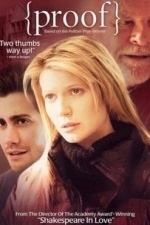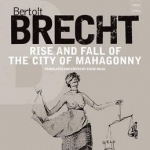
Rise and Fall of the City of Mahagonny
Bertolt Brecht and Steve Giles
Book
Brecht's operatic play produced with Hauptmann, Neher and Weill was first staged in 1930. The story...
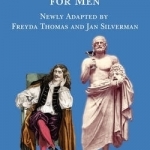
50 Fabulous Classical Monologues for Men
Freyda Thomas and Jan Silverman
Book
Fifty fabulous, fresh, new classical monologues for men await you within these pages. Everyone from...
Staying Sharp: 9 Keys for a Youthful Brain Through Modern Science and Ancient Wisdom
Book
The book Dr. Christiane Northrup promised "will change your mind and your brain in the best possible...
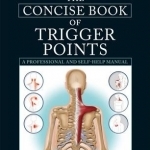
The Concise Book of Trigger Points
Book
Since publication almost ten years ago, The Concise Book of Trigger Points has been translated into...
LoganCrews (2861 KP) rated Proof (2005) in Movies
Sep 21, 2020

Advanced Learner’s Dictionary: English - Traditional Chinese (Cambridge)
Reference and Education
App
ADVANCED DICTIONARY FOR CHINESE LEARNERS OF ENGLISH Find words in English and read what they mean....
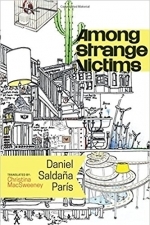
Among Strange Victims
Christina MacSweeney and Daniel Saldaña Paris
Book
"Brief, brilliantly written, and kissed by a sense of the absurd....like a much lazier, Mexico City...
Fiction comedy

Greek Lyric Poetry
Book
The Greek lyric, elegiac, and iambic poets of the two centuries from 650 to 450 B.C.--greats such as...

The Magic of Terry Pratchett
Book
About The Magic of Terry Pratchett The Magic Of Terry Pratchett is the first full biography of Sir...
Discworld Terry Pratchett Biography
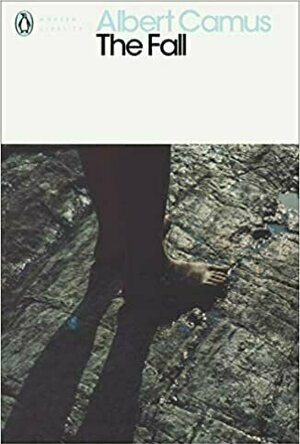
The Fall
Book
A philosophical novel described by fellow existentialist Sartre as 'perhaps the most beautiful and...

